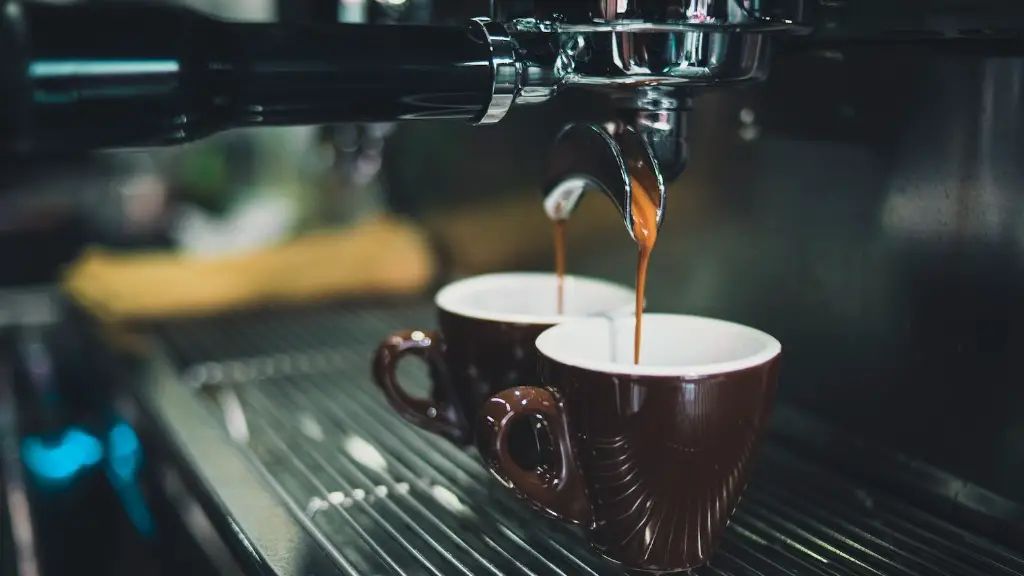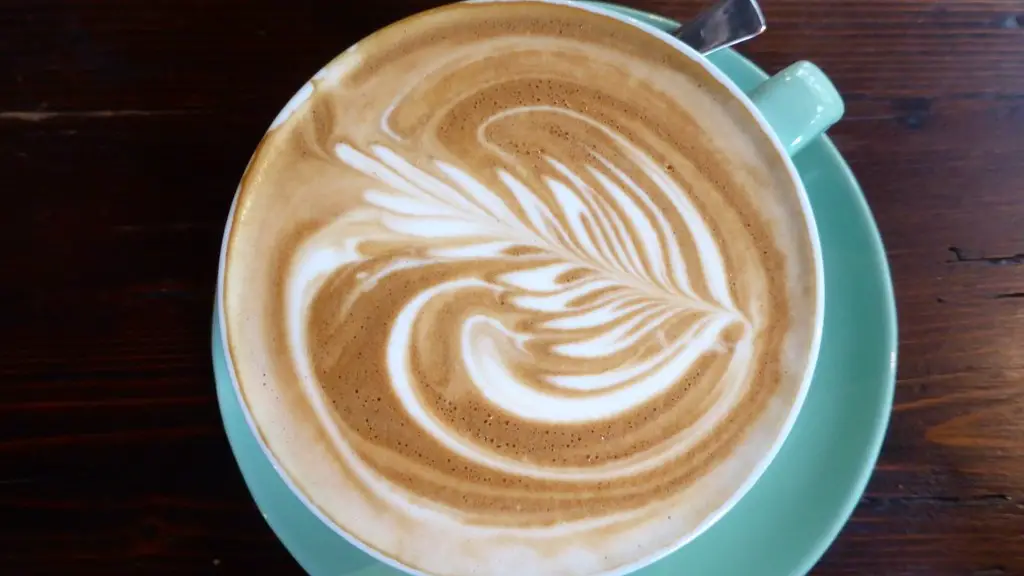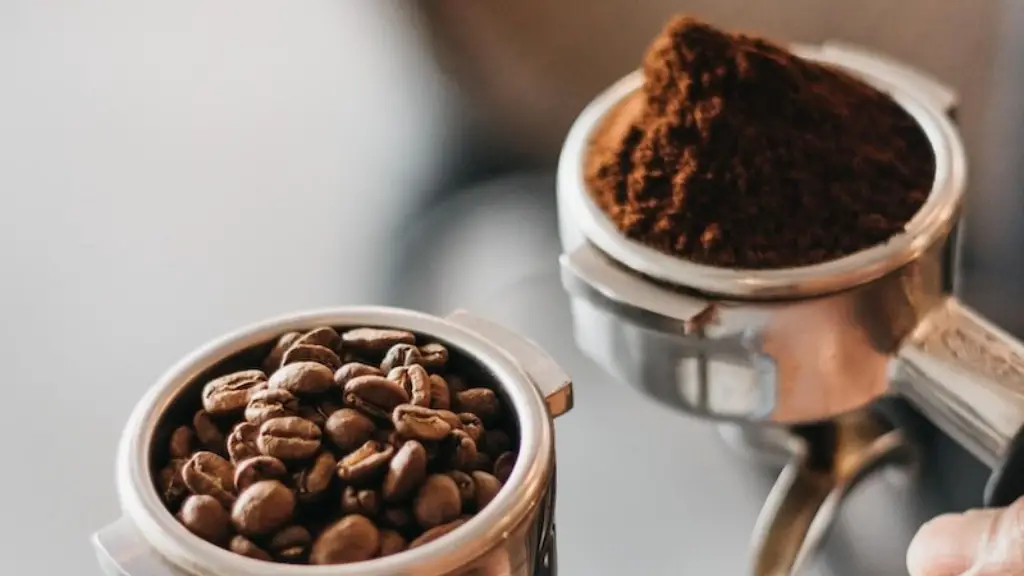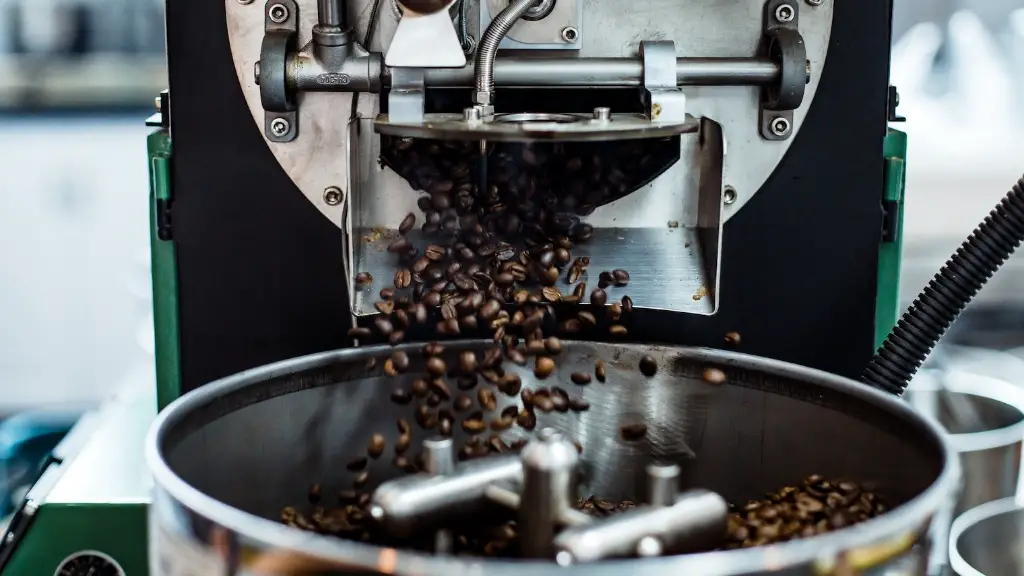Coffee is a popular beverage enjoyed by millions of people around the world. It is known to provide both physical and mental stimulation, and is often used to get through the day. Even with its countless benefits, many people have an issue with coffee, as they find that after drinking it they keep needing to urinate. This can be extremely annoying and uncomfortable, and it’s important to understand why this happens.
The primary reason for frequent urination after drinking coffee is because the beverage is a diuretic. This means that it makes your kidneys produce more urine than usual. Because of this, the body tries to get rid of it as quickly as possible, leading to a sudden urge to pee. This is also why coffee drinkers often complain of feeling dry or thirsty after drinking it.
Caffeine is another factor that plays a role in causing frequent urination. It is a stimulant that acts on the bladder and can make it contract, which increases the urge to pee. Furthermore, caffeine also stimulates the body to produce more urine, which is why drinking coffee can lead to an urgent need to go to the bathroom. It’s important to note that even decaf coffee can have the same effect, as it still contains trace amounts of caffeine.
The intensity of the urge to pee also depends on the amount of coffee consumed. The more coffee that is consumed, the more frequent and urgent the urge to go will be. For example, if you drink a cup of coffee on an empty stomach, your body will absorb the caffeine more quickly and this could increase the urge to pee.
To reduce or even avoid having to go to the bathroom frequently, it is important to drink coffee in moderation. It is best not to consume more than two cups of coffee a day and to have something substantial to eat alongside it. This will help to slow down the absorption of caffeine and reduce the urge to pee.
Finally, it is also important to stay hydrated. Coffee is known to cause dehydration, and drinking a glass of water alongside each cup of coffee can help to counteract this. Staying hydrated will also help to reduce the urge to pee, as it allows the body to regulate how much urine it needs to get rid of.
Why Is Coffee Dehydrating?
Coffee is a diuretic and it increases urine production in the body. This is why it acts as a natural diuretic and why you may feel the urge to pee after having a cup of coffee. This happens because caffeine causes the kidneys to excrete more liquid, which leads to an increase in urination. As a result, urine output increases and your body may become dehydrated.
In addition to this, coffee also contains caffeine, which acts as an appetite suppressant and can cause dehydration, as it reduces the amount of liquid consumed. Consuming too much coffee can also lead to dehydration, as it can often cause you to forget to drink enough water and this can lead to dehydration over time.
To avoid dehydration and the urge to pee frequently, it is important to drink plenty of water each day and to be mindful of your caffeine intake. Try to keep your daily caffeine intake to two cups of coffee or less, and make sure to drink 8-10 glasses of water a day.
What Are the Signs of Dehydration?
Dehydration occurs when the body begins to lose more fluid than it is taking in. This can lead to symptoms such as dizziness, headaches, fatigue and a dry mouth. As dehydration becomes more severe, the symptoms may become more pronounced and the risk of becoming very ill increases. Severe dehydration can be life-threatening, and it is important to be aware of the signs of dehydration.
Common signs of dehydration include thirst, a dry mouth, urinating less than usual, dark urine, and fatigue. If you are experiencing any of these symptoms, it is important to drink more liquids and consult your doctor as soon as possible.
If you are feeling very thirsty, that can be a sign you are dehydrated, especially if it persists for a long time. If you are experiencing headaches or muscle cramps and you have been drinking coffee, it could mean you are dehydrated and should have some water to rehydrate. Dizziness and confusion can also be signs of moderate dehydration and should alert you to increase your water intake.
What Are the Benefits of Drinking Coffee?
Coffee offers a multitude of benefits for both physical and mental health. It is a natural source of antioxidants, which can help protect the body from harmful free radicals and reduce inflammation. Research has shown that people who regularly consume coffee may have a reduced risk of certain diseases, such as Alzheimer’s, Parkinson’s, and type 2 diabetes.
Coffee can also help to boost the immune system and provide energy to the body, as it contains important nutrients such as magnesium, potassium, and manganese. It also contains caffeine, which acts as a mild stimulant and can help improve concentration, focus, and alertness. Furthermore, coffee can help to increase physical performance and makes you feel more energized.
Finally, coffee can also help to improve mood. Studies have shown that it can have a positive effect on the brain, as it is known to increase levels of the ‘feel-good’ hormones serotonin and dopamine. As such, some people find that coffee can help to reduce stress, improve mood, and even improve creativity.
How Much Coffee Should You Consume?
It is recommended that you do not consume more than two cups of coffee per day. This is because too much caffeine can have adverse effects on the body, such as increased anxiety and irritability. Furthermore, it can disrupt your sleep and cause headaches and dehydration. Therefore, it is best to limit the amount of coffee you consume to two cups per day.
It is also important to note that everyone is different and the amount of coffee needed to feel the effects will also vary. Therefore, it is important to listen to your body and monitor your caffeine intake to ensure it is not too much or too little.
In addition to this, it is also important to be mindful of the type of coffee you are consuming, as some types may contain more caffeine than others. For example, espresso will contain more caffeine than a regular cup of coffee. Therefore, it is important to read labels and be aware of the caffeine content of the coffee you are drinking.
Can Caffeine Intolerance Cause Symptoms?
Caffeine intolerance is a condition in which the body is unable to properly process and absorb caffeine from food and drinks. People who are caffeine intolerant may experience various symptoms after consuming caffeine, such as jitteriness, headaches, nervousness, insomnia, nausea, heart palpitations and dizziness.
A doctor may diagnose someone with caffeine intolerance if these symptoms occur after drinking coffee or other sources of caffeine. As such, if you experience any of these symptoms after drinking coffee, it is important to seek medical advice to ensure the cause is not caffeine intolerance.
If you are diagnosed with caffeine intolerance, your doctor may recommend that you reduce your caffeine intake or eliminate it entirely. In addition to this, it is important to be mindful of sources of hidden caffeine, as some foods and drinks may contain trace amounts of it. These include chocolate, green tea, energy drinks, and over-the-counter medications.
How Can You Minimize Caffeine Intake?
There are several steps you can take to reduce your overall caffeine intake, including drinking decaf coffee, reducing the amount of coffee you drink and avoiding sources of hidden caffeine. It is also important to note that if you are consuming too much caffeine, you may be able to slowly reduce your intake over time.
If you are trying to reduce the amount of coffee that you consume, you may find it beneficial to replace some of it with herbal tea. Many herbal teas have a similar taste to coffee and can provide the same energy boost. Furthermore, herbal teas are usually naturally caffeine free, so they are a great way to keep your body energized without the caffeine.
In addition to this, you may also find it beneficial to switch to a low-caffeine coffee blend. Many coffee companies now offer coffee blends that are lower in caffeine, which can help to reduce your overall caffeine intake without sacrificing the taste of the coffee. In addition to this, you could also try drinking cold brew coffee, which contains less caffeine than regular coffee.
What Are the Benefits of Drinking Decaf Coffee?
Drinking decaf coffee can provide a number of health benefits. As it contains a lower amount of caffeine, it can help to reduce the risk of the adverse effects associated with consuming too much caffeine. Furthermore, decaf coffee has been shown to have similar health benefits to regular coffee, such as reducing the risk of certain diseases and improving mental alertness.
Decaf coffee can also provide an energy boost without the jitters or sleeplessness that can be caused by too much caffeine. In addition to this, decaf coffee can also help to reduce the urge to urinate frequently, as it does not contain as much caffeine as regular coffee and therefore does not have a diuretic effect.
Finally, decaf coffee can also help to reduce the risk of dehydration, as it does not contain the same amount of caffeine as regular coffee. Drinking decaf coffee can provide an energy boost and help to keep you hydrated and energized, without the risk of dehydration.





